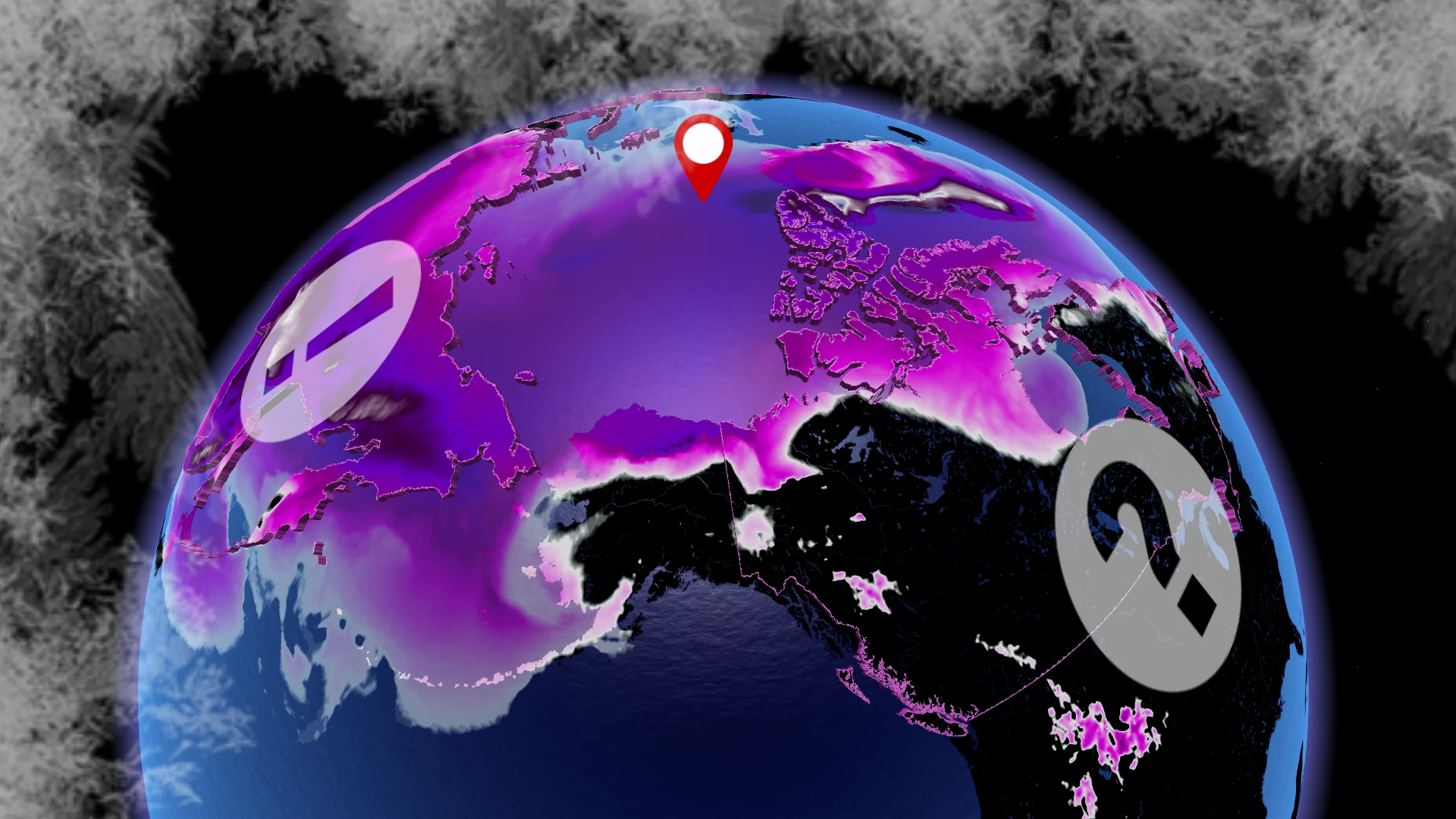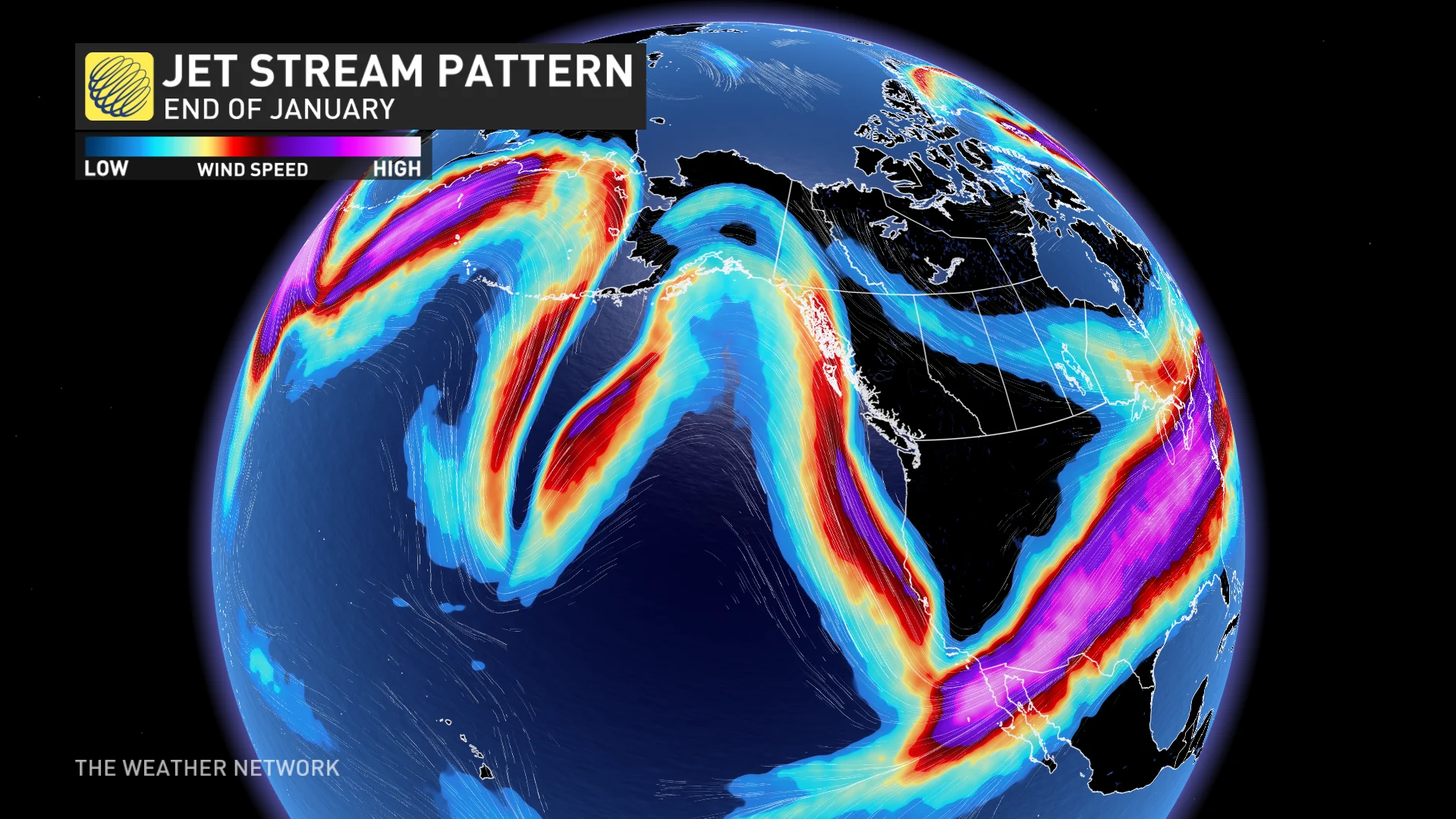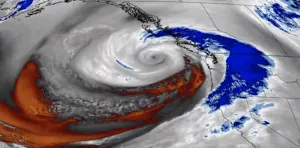
World’s coldest air in 2023 was just recorded, and it's on the move to Canada
Once again, the polar vortex is to blame for the unusual winter weather.
It’s been a big swing and a miss when it comes to a typical Canadian winter so far this season. In fact, without any major pattern changes, Canadian cities are on pace for the warmest winter on record.
As we creep towards the seasons’ halfway mark, you may be wondering where has winter gone? Don't worry, it exists and it's coming.
An astonishing -62.4°C was recorded in Tongulakh, Siberia, on Jan. 14. In addition to becoming Earth’s coldest temperature recorded in 2023, the all-time station record was broken in Tongulakh.

This was the coldest temperature Russia has experienced in over two decades. For perspective, this temperature is a mere 0.3°C from the average temperature on Mars and would freeze exposed skin in seconds.
In contrast, major cities across Eastern Canada are pacing towards the warmest winter on record. Halifax would need a significant cold snap in the second half of this season to drop this winter’s average temperature by 1.5°C towards the warm-winter record holder of 2015-16.

Additionally, if Canada’s mild conditions continue, Toronto could see its first winter with an average temperature above freezing.
How could this be?
It all comes down to the global pattern. The core of the polar vortex has taken an extended vacation in Russia, ushering in this extreme cold and giving mild air across Canada a consistently winning hand.

The recent zonal Pacific jet stream has kept these conditions in place for a prolonged period, but long-range models hint that change is coming.
Closing out the month of January, the jet stream trends into an amplified pattern, signalling for a more active pattern. Some models are suggesting a piece of the cold air can travel across the pole and bring colder air to parts of Canada.










